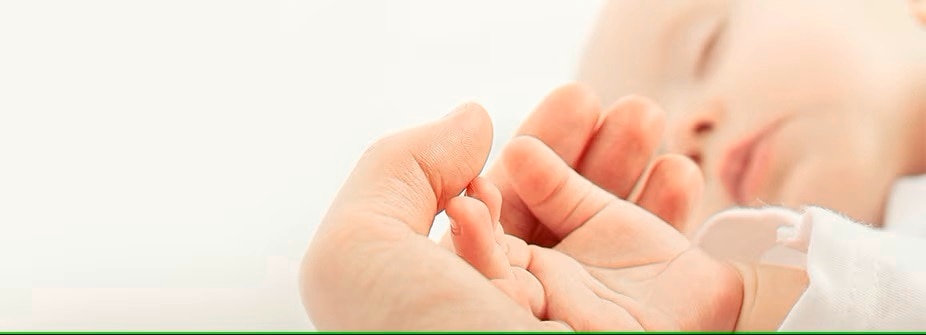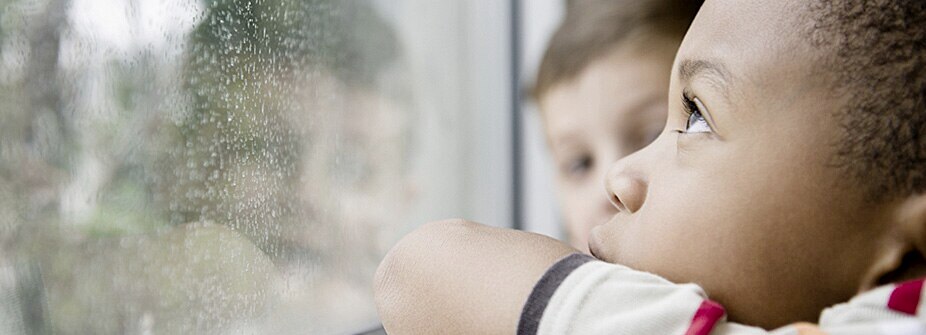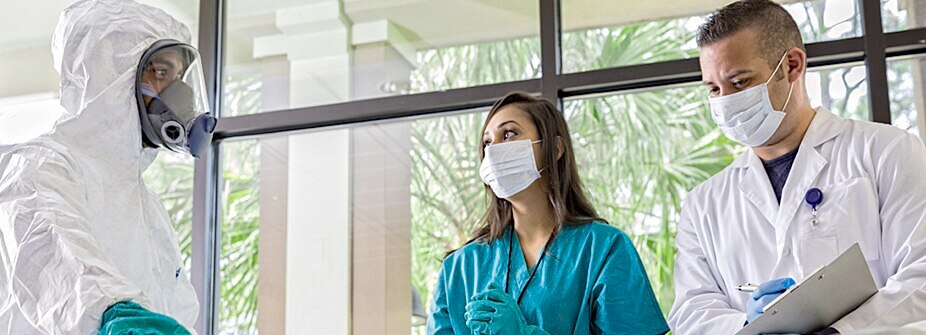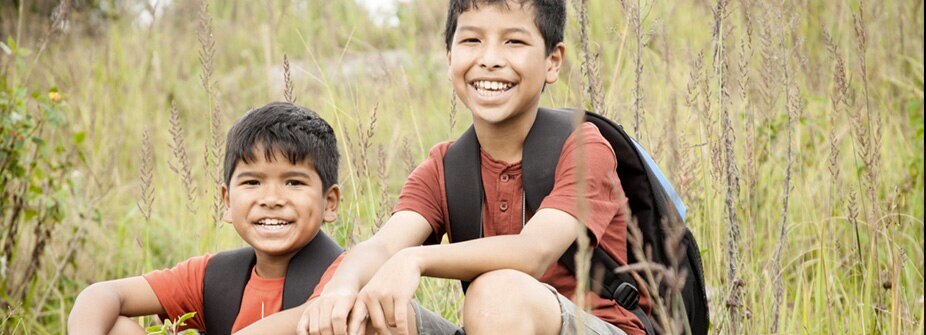Every year about 4 million newborns die in the first month of life. 86% of these deaths are due to a combination of infections, premature births and complications during childbirth *.
Simple hygiene and low cost interventions could reduce this figure by up to 70%. One such intervention is handwashing with soap, which can save the lives of newborns by helping to prevent the spread of infections caused by germs. In countries where infant mortality is high, handwashing with soap before delivering and handling the child is not standard practice.
The habit of handwashing is learned early in life and is influenced by culture. How do you motivate people to adopt the habit of washing their hands?
Lifebuoy has joined forces with the United States Agency for International Development (USAID) and its Maternal and Child Health Integrated Program (MCHIP) to raise the profile of handwashing and reduce neonatal mortality.
The focus is on behavioural change to help new mothers and health professionals adopt and practise handwashing with soap as an ingrained habit. An integral part of the programme is to educate about the importance of handwashing with soap before a mother, midwife, health visitor or caregiver handles the newborn during the first month of life. The goal is to reduce neonatal mortality by improving hand hygiene as part of a broader programme of child health.
Prevention truly is better than cure in this instance, so we have compiled a list of the practices we can all adopt to improve hygiene around newborns.
Baby hygiene
We all know that newborns – and older children, for that matter – are prone to illnesses. Diarrhoea and vomiting are especially common in young children3, but regular bathing with an antibacterial soap can limit the spread of disease. We recommend that babies are bathed two to three times each week, but this can be increased to every day if the mother prefers.
Hand hygiene around newborns
As adults, the germs that we carry on our hands and clothing may be harmless to us but dangerous to vulnerable infants with developing immune systems. That’s why it is so important for anyone who comes into contact with a newborn to carefully wash their hands with soap. We recommend that parents and caregivers carry hand sanitizer for those times when they are unable to use soap and water. Another key step is handwashing after handling the baby, particularly when changing a nappy or wiping up potentially harmful substances, such as vomit.
Limiting exposure to disease
While the occasional illness is difficult to prevent entirely, behavioural changes around the home can limit newborns’ exposure to harmful bacteria.
These practices include:
- limiting the amount that people touch and kiss the baby
- taking care over household cleanliness
- washing clothing and bedding on a regular basis
These steps are all crucial if the baby is suffering from an illness that could spread to other members of the family.




